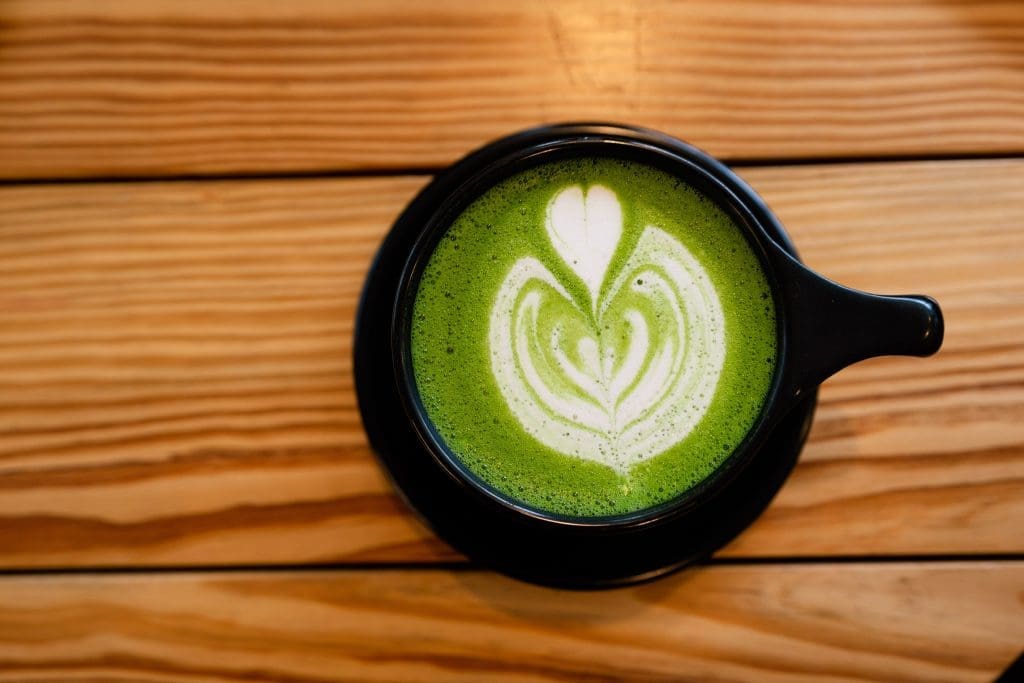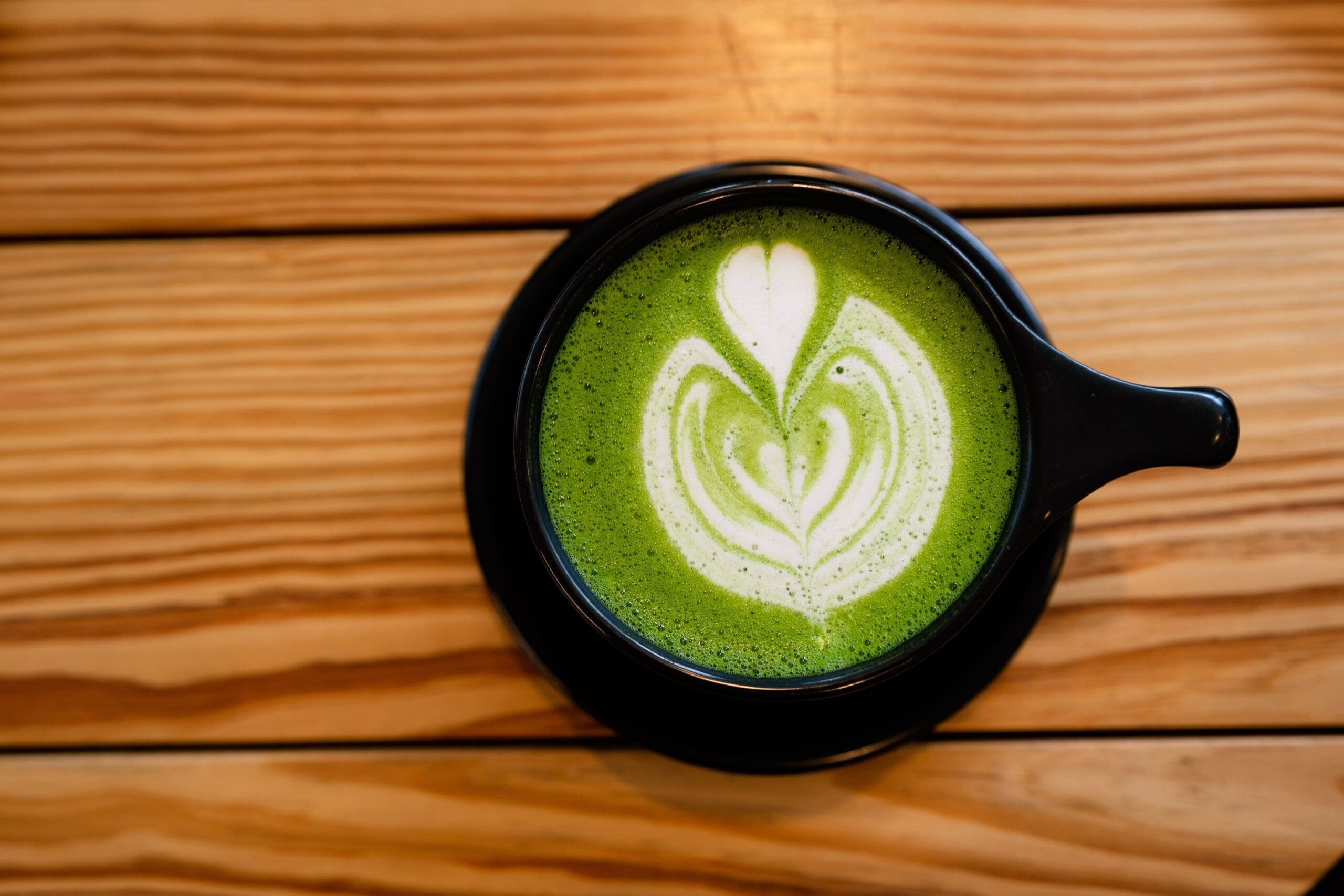An ancient Japanese Zen priest named Esai once wrote, “Tea is the ultimate mental and medical remedy and has the ability to make one’s life more full and complete.” The tea Esai was referring to is matcha, a powdered green tea produced only in Japan, and the Zen priest’s broad pronouncement about the precious substance still holds true today.

Matcha has a long cultural and medicinal history in Japan, but few Westerners have discovered the tea’s spiritual and health benefits. If you are looking for a tonic that soothes and invigorates, that teaches hospitality and sagacity, and that is as delicious as it is advantageous, you should look no farther than matcha.
Seeking Matcha at the Source
Outside of the major Japantowns in the United States — Los Angeles and San Francisco are inarguably the best — Americans will be hard-pressed to find quality matcha prepared in the traditional style. Unless you have sampled great matcha, you will have difficulty differentiating the delicious from the swill, the strong from the weak, and the good from the bad. Thus, a trip to Japan is an absolute must for the matcha novice.
Though almost every city and town in the country will offer some form of Japanese tea service, book a flight online on a site like Flights.com to Kyoto, where the city’s deep roots in Zen encourage citizens to practice the traditional tea ceremony.
Called sado in Japanese, the ceremony follows strict rules to ensure grace, respect, and harmony between host and guests. The ritual requires precise movements from the very beginning, so you would do well to learn more about the ceremony before you attend.
The study and practice is entirely worth it; during the ceremony, the host puts great care into perfectly preparing each cup of green tea, and you will probably experience some form of spiritual sensation from the balanced taste and surreal surroundings.
More likely than not, this first encounter with matcha will inspire an appetite for the sweet, earthy taste. Fortunately, most Japanese have a similar craving; the country boasts seemingly unending lines of products with green tea flavor. Before your flight home, you should visit the closest Japanese convenience mart and pick up some of the following snacks packed with matcha flavor:
- Green Tea Kit Kat
- Green Tea Oreos
- Alfort Matcha Cookies
- Matcha Pocky
- Dars Matcha Chocolate Bars
Additionally, you should stock up on plenty of plain matcha powder because you can use it to make more than tea. You can make your own matcha treats, like matcha-avocado ice pops or green tea brownies, or you can use matcha as a seasoning for complete meals, such as green tea oatmeal, pistachio-matcha fish, or green tea vinaigrette salad. Undoubtedly, after you read the following health benefits, you’ll want as much matcha as you can get.
Healing at Home From Matcha
Because of Japanese green tea’s popularity, plenty of research has been done to understand how matcha affects health, and it turns out that the bright green powder improves performance of nearly all of the mind and body systems.
In fact, matcha is beginning to be regarded as the healthiest food available. While typical green tea is largely lauded as a superfood, scientists have found that one cup of matcha has as many antioxidants as 10 cups of leaf-brewed tea because the water can more easily extract more benefits from the stone-ground powder.
Antioxidants are important because they nourish your immune system to help your body fight off disease and infection, and with an incredible 1,573 antioxidants in every serving, matcha beats out nearly every other food studied, including pomegranate (105) and spinach (12.6).
Besides its astounding density of antioxidants, matcha offers a veritable wealth of other health benefits, including:
- Boost to memory and concentration with increased dopamine and serotonin levels
- Boost to metabolism to burn fat four times faster
- Boost to energy levels without the jitteriness of caffeine or sugar
- Boost to fight against cancer with catechin ECG3
- Boost to feelings of serenity without drowsiness or attention loss
Matcha is truly an underutilized powerhouse when it comes to health and wellness. Despite its prominence in Japanese culture for several thousands of years, green tea in general and matcha in particular have yet to catch on in the West. With some travel, cultural education, and culinary experimentation, you may be able to start a new food sensation that will make everyone healthier and happier — especially yourself.




